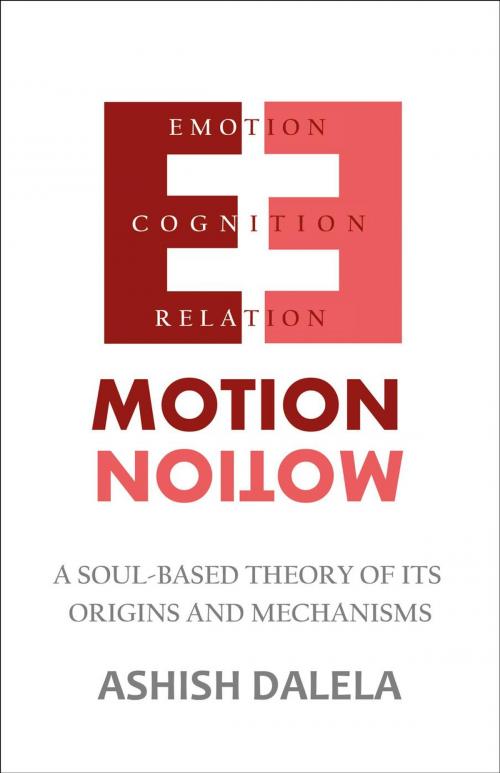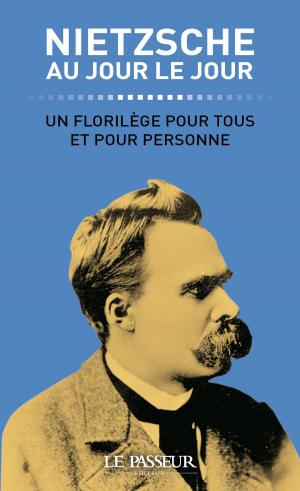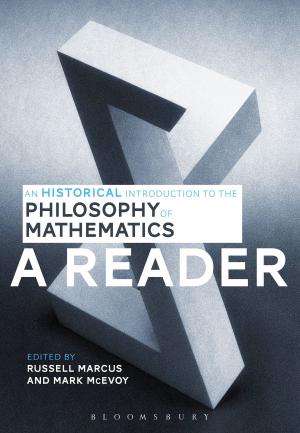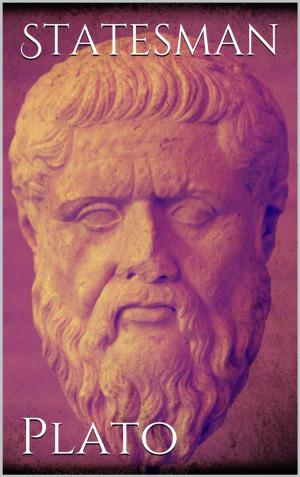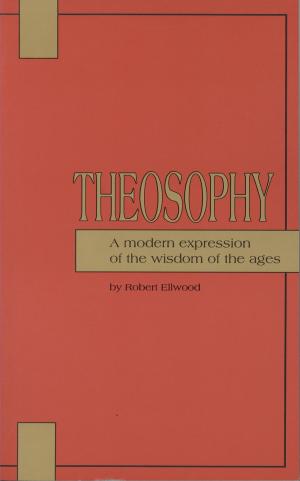Emotion : A Soul-Based Theory of Its Origins and Mechanisms
Nonfiction, Religion & Spirituality, New Age, Reincarnation, Health & Well Being, Psychology, Emotions, Philosophy| Author: | Ashish Dalela | ISBN: | 9789385384103 |
| Publisher: | Shabda Press | Publication: | February 7, 2018 |
| Imprint: | Language: | English |
| Author: | Ashish Dalela |
| ISBN: | 9789385384103 |
| Publisher: | Shabda Press |
| Publication: | February 7, 2018 |
| Imprint: | |
| Language: | English |
The topic of emotion is of deep interest to many people, but its relation to reason and cognition, when emotion controls reason, and why emotion can be controlled by reason, are not well understood. Similarly, when situations change our emotions, should we attribute the emotion to the situation, or to the person, because another person could have reacted in a different way in the same situation?
These questions lie at the heart of any study on emotions, and this book presents a model comprising of three parts—relation, cognition, and emotion—based on the Vedic theory of the soul comprising sat, chit, and ananda to discuss the problem of emotion. The crux of the theory is that while reason, cognition, and emotion are three separate features of the soul, they must always combine in order to create an experience. Hence, no experience is without an emotion. Similarly, when they combine, either of the three can be dominant or subordinate. Thus, sometimes emotion rules over cognition and relation, at other times cognition rules over relation and emotion.
This model is extremely simple and yet extremely powerful, and most of the book is dedicated to illustrating its power, because the simplicity is quite apparent. That means, applying the model of the soul to solve diverse problems from the nature of atomic reality to the structure of the human body. The scope of this book is vast as it covers topics from philosophical materialism, to personality theories, to the interaction of body and mind, to symbolic expression, social organization, human relationships, and religion. Each of these is a singular and disparate area of inquiry at present. But all of these are different aspects of human experience. In that sense, what transcends individual experiences—the soul—can be used to unify the understanding of many experiences. Once the soul is understood, everything else is demystified.
The topic of emotion is of deep interest to many people, but its relation to reason and cognition, when emotion controls reason, and why emotion can be controlled by reason, are not well understood. Similarly, when situations change our emotions, should we attribute the emotion to the situation, or to the person, because another person could have reacted in a different way in the same situation?
These questions lie at the heart of any study on emotions, and this book presents a model comprising of three parts—relation, cognition, and emotion—based on the Vedic theory of the soul comprising sat, chit, and ananda to discuss the problem of emotion. The crux of the theory is that while reason, cognition, and emotion are three separate features of the soul, they must always combine in order to create an experience. Hence, no experience is without an emotion. Similarly, when they combine, either of the three can be dominant or subordinate. Thus, sometimes emotion rules over cognition and relation, at other times cognition rules over relation and emotion.
This model is extremely simple and yet extremely powerful, and most of the book is dedicated to illustrating its power, because the simplicity is quite apparent. That means, applying the model of the soul to solve diverse problems from the nature of atomic reality to the structure of the human body. The scope of this book is vast as it covers topics from philosophical materialism, to personality theories, to the interaction of body and mind, to symbolic expression, social organization, human relationships, and religion. Each of these is a singular and disparate area of inquiry at present. But all of these are different aspects of human experience. In that sense, what transcends individual experiences—the soul—can be used to unify the understanding of many experiences. Once the soul is understood, everything else is demystified.
